5 Chinese Herbs That May Help In Treating Hair Loss
Get the long, flowing mane of your dreams with the help of some amazing plants!
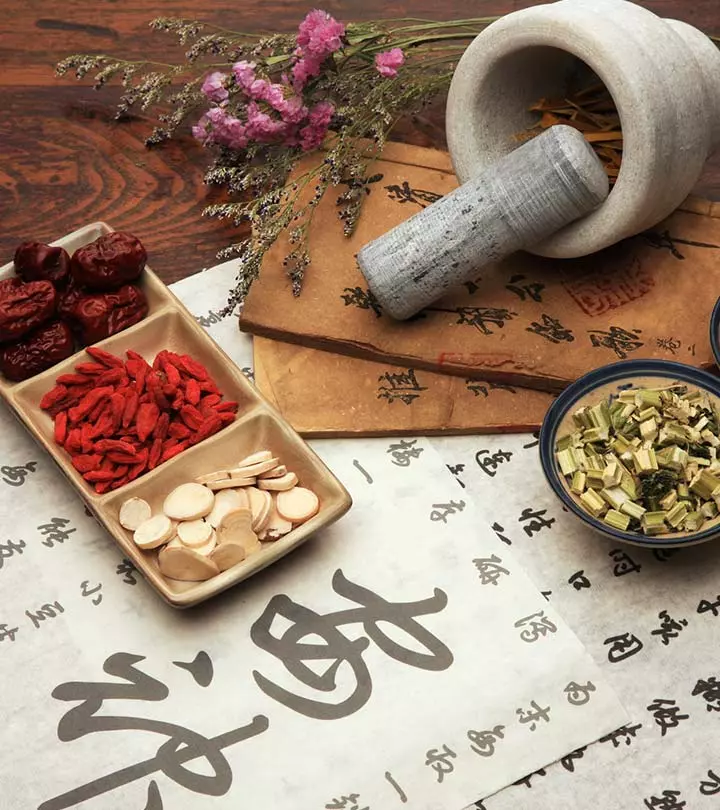
Image: i Stock
You can use Chinese herbs for hair growth if you have hair loss. Traditional Chinese herbs offer a holistic approach to treatment by identifying the underlying causes of hair loss, making them a beneficial and assuring choice for those seeking natural remedies. Research shows that Chinese herbs can induce hair growth (1), (2). These are great for helping treat hair loss, treat discoloration of hair, and restore its natural pigmentation (3). You must know about Chinese herbs like Dong Quai, Goji Berry, Schisandra Berry, and Rhodiola Rosea because of their amazing health benefits. Here we have compiled a list of five Chinese herbs that may aid hair regeneration and prevent hair loss. Take a peek around.

Note: Before using any herbs, please be sure to consult with your doctor.
Before learning about the Chinese herbs that treat hair loss, let’s discuss what causes hair loss in the first place.
Causes Of Hair Loss
Hair fall can occur due to a variety of factors:
- A family history of hair loss significantly influences one’s genetic predisposition to balding (4), (5).
- Hormonal changes during pregnancy, childbirth, or menopause, can also cause temporary hair shedding (4).
- A diet lacking in vitamins and minerals like iron, zinc, and vitamin D weakens the hair and causes it to fall out (4).
- Stress and emotional turmoil can also trigger conditions like telogen effluvium, which disrupts the natural hair growth cycle and causes hair shedding (4), (5).
- Medical conditions, including thyroid disorders and autoimmune diseases, often cause hair loss (4).
- Poor hair care habits like excessive styling, harsh chemical treatments can also damage the hair shaft (6).
Identifying the cause of your hair loss can ease treatment and prevention.
Using herbs for hair loss may help you prevent and manage hair loss to a great extent. While you might have heard of Ayurvedic herbs, Chinese medicine also has a rich tradition of using plants, roots, and herbs for hair strengthening and maintaining overall hair and scalp health. Head over to the following section to explore some unique Chinese herbs and how they are beneficial for hair loss.
Key Takeaways
- The Chinese herb he-shou-wu or fo-ti may restore natural hair pigmentation and increase blood circulation to treat hair loss.
- A hair tonic made of reishi mushrooms may help protect your tresses from photodamage and promote hair growth.
- Nu-Shen-Zi and Morus Albus may prevent premature graying of hair and hair loss.
- The herb wu wei zin may have hair growth-promoting factors and helps purify the blood.
Chinese Herbal Remedies For Hair Loss You May Try
1. Fo-ti
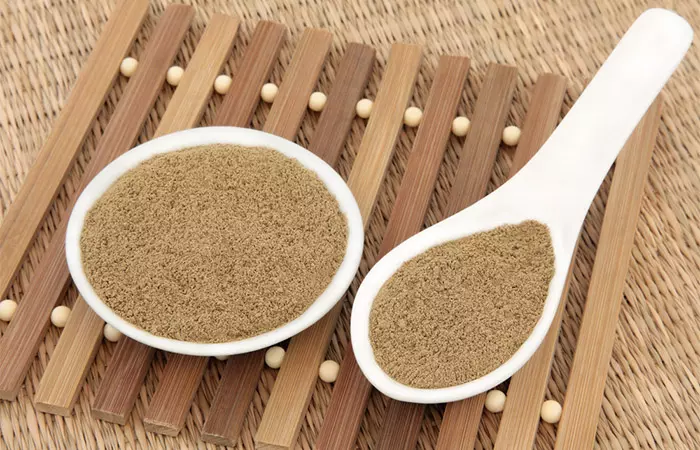
Fo-ti is the most commonly used Chinese herb. It is also known as he-shou-wu. Fo-ti has been used for ages to treat hair loss and baldness (7). It can also help restore the natural pigmentation of hair and increase blood circulation. A study has found that fo-ti extract promotes hair growth by activating the anagen (growth) phase in the hair follicles of mice. The extract increases hair follicle size and boosts key proteins that support hair regeneration (8).
How To Use: Take it as a supplement, drink it as tea, or use fo-ti-infused hair oils or shampoos.
 Trivia
Trivia2. Reishi Mushroom
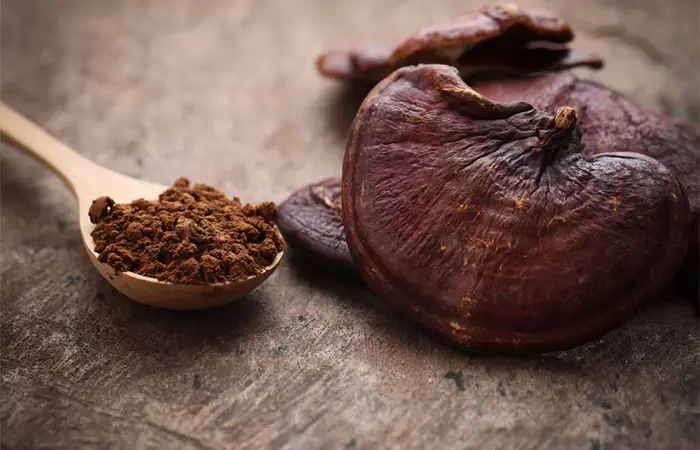
The reishi mushroom is often used in hair tonics. It is also called lingzhi. It has antioxidant, antiviral, antimicrobial, anti-inflammatory, and antibacterial properties (9), (10). It exhibits anti-aging and anti-pigmentation properties that may help keep hair healthy. It can also protect hair from photodamage (10).
A mice study shows that the reishi mushroom exhibits hair growth activity and can be used to treat alopecia. The research showed that pairing reishi mushroom with microneedling treatment can support hair growth by making hair follicles bigger and strengthening the roots. They also boost important proteins that support hair growth (11).
Another study shows that reishi mushroom contains 5-alpha-reductase inhibitors (12). 5-alpha-reductase is an enzyme that converts testosterone into DHT (Dihydrotestosterone). An increase in the levels of 5-alpha-reductase will increase the levels of DHT, leading to hair loss. Reishi mushroom can help prevent this.
How To Use: Brew it into tea, take it as a supplement, or apply reishi-infused hair tonics or oils to your scalp.
3. Nu Zhen Zi
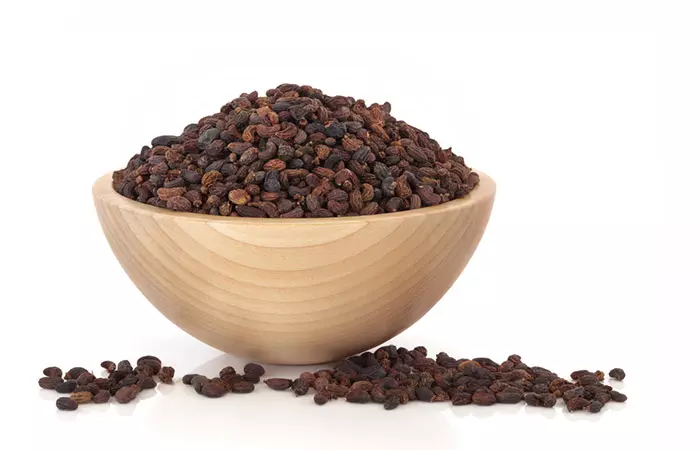
This herb promotes the growth of black hair (13). It also has antiviral properties, which may help in promoting scalp health and cleanliness. It also helps flush out toxins from the body and strengthens the immune system. Nu-Shen-Zi increases blood circulation to the scalp.
How To Use: Eat it fresh or dried, drink it as tea, or use hair products containing its extract.
 Did You Know?
Did You Know?4. Wu Wei Zin
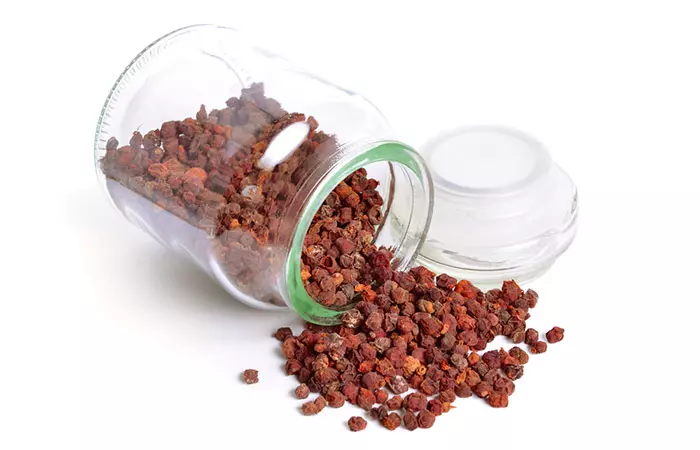
This herb is popular as a beauty enhancer. It also serves as a tonic that helps purify the blood. Wu wei zin has been scientifically shown to promote hair growth by stimulating hair follicle cells and extending the growth phase (anagen) in mice. It works by reducing a protein linked to hair loss and boosting follicle cell activity, leading to longer and stronger hair (14). It can also help reduce hair loss and prevent photoaging (15).
How To Use: Consume it as a tonic or tea, or apply a herbal infusion to your scalp.
5. Morus Albus
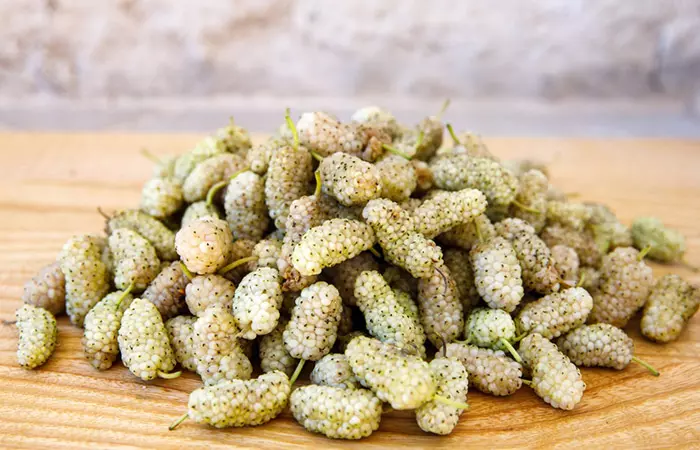
A study conducted in 2008 showed that Morus alba, commonly known as white mulberry, stimulated hair growth in mice. Extracts from the branches and roots showed a strong effect in promoting hair growth in mice. The study also found that mulberries have antibacterial properties, which may help maintain a healthy scalp. These results suggest that mulberry branch and root extracts could be useful for hair regrowth or preventing hair loss in humans (16). Although there is not much human research done, there is plenty of anecdotal evidence that this herb helps prevent hair loss, increases hair thickness, and premature graying of hair.
How To Use: Use hair oils or shampoos with mulberry root and branch extract, or drink mulberry tea for overall hair health.
Herbs like amla (or Indian gooseberry), horsetail, nettle, saw palmetto, and fenugreek have been used traditionally and have anecdotal evidence for promoting hair growth and dandruff prevention. However, these Chinese herbs can be regularly used as a home remedy. The good thing about them is that they can be grown in your kitchen garden or as window sill plants.
The Chinese method of hair care follows the ancient principles of yin and yang to address the problem at its root. These herbs may be found in any local Chinese markets in the city. Also, these are not very expensive and are generally sold in easy-to-use forms. But, is it safe to use these Chinese herbs for hair growth? Keep reading to find that out.
Potential Side Effects Of Using Chinese Herbs For Hair Growth
Chinese herbal medicine (CHM) is often seen as a natural and safer alternative to modern medicine, but it is not without risks. Some Chinese medicinal herbs have natural toxicity and can cause adverse effects like liver damage, kidney issues, allergic reactions, or digestive problems (17). While historical records and clinical experience offer some guidance, the exact toxicity levels, safe dosages, and interactions with other medications are not always well-documented.
Mistakes in dosage, prescription, and diagnosis can also make CHM unsafe. Additionally, the lack of regulation and proper training for some practitioners increases the risks. Just because CHM is derived from nature does not mean it is always safe. Careful use and professional guidance are necessary to avoid potential harm.
Infographic: 5 Chinese Herbs To Combat Hair loss
Chinese herbs can be easily grown and also are easily available. They help prevent premature hair graying and reduce the effects of photodamage. The herbs have other benefits too. In the following infographic, we have listed the different Chinese herbs and how they can boost hair health. Take a look.

Illustration: StyleCraze Design Team
If you are experiencing hair loss and want to go for something natural you can use Chinese herbs for hair growth, to promote healthy hair follicles and restore your hair’s natural pigmentation and hair shine. You can try using reishi mushrooms, morus albus, wu wei zin, or fo-ti to increase blood circulation and promote scalp health. Studies suggest that these Chinese herbs possess antioxidants and antimicrobial properties that can protect your hair from photodamage, slow down premature graying hair, and prevent hair loss. You can easily grow these Chinese herbs in your garden or you can visit your nearest local Chinese markets for these wonderful herbs (18).
Frequently Asked Questions
What is the most powerful Chinese herb?
Ginseng is considered one of the most powerful Chinese herbs. It is a powerful antioxidant that has cardioprotective and anti-cancerous effects and the potential to treat Alzheimer’s disease (19).
Which Chinese herb is best for the skin?
Astralagus or huáng qí is one of the most popular herbs used in Chinese medicine. It can help treat skin disorders like allergic dermatitis (20). Also, it has a photoprotective effect that protects your skin from UVB-induced skin inflammation and photoaging (21).
How long do Chinese herbs take to work?
Consistent and long-term use of Chinese herbs for hair growth is preferable to get the best results. Anecdotal evidence suggests that Chinese herbs can treat certain chronic cases like alopecia areata if used consistently.
Is Chinese herbal medicine good?
Chinese herbs are a crucial part of holistic treatment and act as a beneficial medicine when used properly and under a doctor’s supervision. They shouldn’t, however, be used as a substitute for standard medical care.
How long does Chinese herbal medicine last?
When stored properly, decocted herbal medicines have a shelf life of up to 70 days from the date of manufacturing.
Can you take Chinese herbs long-term?
Chinese herbs can be used for a few weeks to a few months. Unlike many prescription drugs, this one is usually prescribed for long-term use.
Can you be allergic to Chinese herbs?
The chemical components of Chinese medicines are extremely complex. Some Chinese medicines may cause allergic reactions because each person’s body constitution is unique. The combination of certain Chinese herbs can also be toxic. Check for individual contraindications before taking Chinese herbs as medicines.
Illustration: Chinese Herbs That May Help In Treating Hair Loss
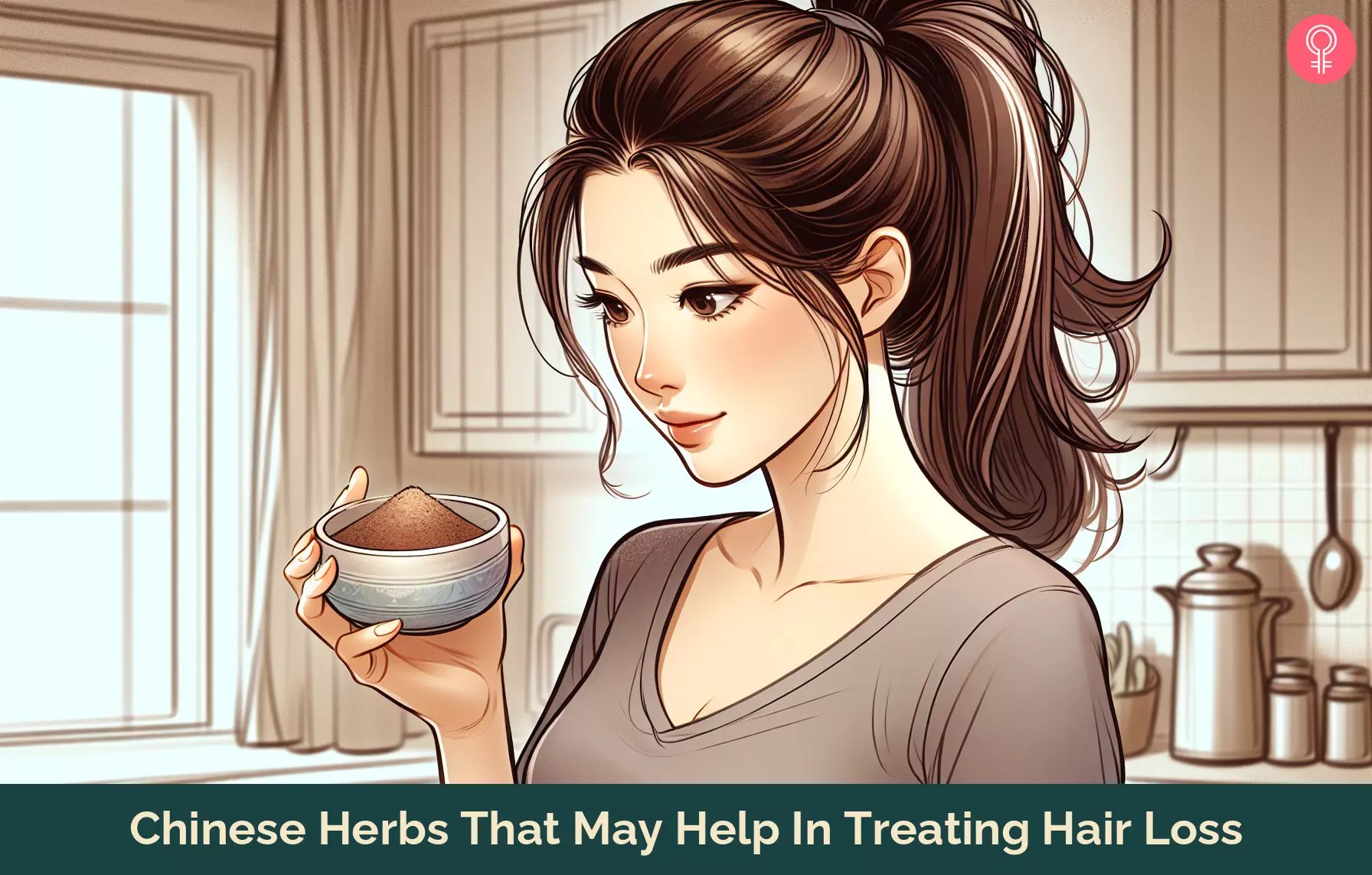
Image: Dall·E/StyleCraze Design Team
Explore the world of traditional Chinese medicine for hair treatment! Discover ancient remedies, techniques, and holistic approaches to promote healthy, lustrous hair naturally. Watch this video to unveil the secrets.
References
Articles on StyleCraze are backed by verified information from peer-reviewed and academic research papers, reputed organizations, research institutions, and medical associations to ensure accuracy and relevance. Read our editorial policy to learn more.
- Lee Chien‑Ying et al. “Hair growth effect of traditional Chinese medicine BeauTop on androgenetic alopecia patients: A randomized double-blind placebo-controlled clinical trial.” Experimental and therapeutic medicine 13.1 (2017): 194-202.
https://www.ncbi.nlm.nih.gov/pmc/articles/PMC5245083/ - Liang Y Yuan J Shazada NE Jiang J Wu J. Traditional Chinese Medicine Treatment for Androgenetic Alopecia Based on Animal Experiments: A Systematic Review and Meta-Analysis. Evidence-based complementary and alternative medicine 2025 Oct 11
https://www.ncbi.nlm.nih.gov/pmc/articles/PMC9578824/ - Leem Jungtae et al. “Exploring the combination and modular characteristics of herbs for alopecia treatment in traditional Chinese medicine: an association rule mining and network analysis study.” BMC complementary and alternative medicine vol. 181 204.
https://www.ncbi.nlm.nih.gov/pmc/articles/PMC6030800/ - Phillips TG Slomiany WP Allison R. “Hair Loss: Common Causes and Treatment”. Am Fam Physician. 2017 Sep 15;96(6)
https://pubmed.ncbi.nlm.nih.gov/28925637/ - Gokce N Basgoz N et al. “An overview of the genetic aspects of hair loss and its connection with nutrition”. J Prev Med Hyg. 2025 Oct 17;63(2 Suppl 3)
https://www.ncbi.nlm.nih.gov/pmc/articles/PMC9710406/ - Gavazzoni Dias MF. “Hair cosmetics: an overview.” Int J Trichology. 2015 Jan-Mar;7(1):2-15.
https://pmc.ncbi.nlm.nih.gov/articles/PMC4387693/ - Patil SM et al. “Herbal Medicines as an Effective Therapy in Hair Loss – A Review.” Research Journal of Pharmaceutical Biological and Chemical Sciences.
https://www.semanticscholar.org/paper/Herbal-medicines-as-an-effective-therapy-in-hair-A-Patil-Sapkale/711e7d2615bcb44dbd77a143fd86a93f6bf02e55?p2df - Park HJ Zhang N Park DK. “Topical application of Polygonum multiflorum extract induces hair growth of resting hair follicles through upregulating Shh and β-catenin expression in C57BL/6 mice.” J Ethnopharmacol. 2011 May 17;135(2):369-75.
https://pubmed.ncbi.nlm.nih.gov/21419834/ - Wachtel-Galor S Yuen J Buswell JA et al. “Ganoderma lucidum (Lingzhi or Reishi): A Medicinal Mushroom.” In: Benzie IFF Wachtel-Galor S editors. Herbal Medicine: Biomolecular and Clinical Aspects. 2nd edition. Boca Raton (FL): CRC Press/Taylor & Francis; 2011. Chapter 9.
https://www.ncbi.nlm.nih.gov/books/NBK92757/ - Wu Yuanzheng et al. “Mushroom cosmetics: the present and future.” Cosmetics 3.3 (2016): 22.
https://www.researchgate.net/publication/305078746_Mushroom_Cosmetics_The_Present_and_Future - Ju Bong Hyun et al. “Effects of Ganoderma Lucidum extract ethanol extract and microneedle therapy system on hair growth in an alopecia model of C57BL/6N Mice.” The Journal of Pediatrics of Korean Medicine 28.2 (2014): 72-87.
https://www.researchgate.net/publication/274544158_Effects_of_Ganoderma_Lucidum_Extract_Ethanol_Extract_and_Microneedle_Therapy_System_on_Hair_Growth_in_an_Alopecia_Model_of_C57BL6N_Mice - Liu Jie et al. “Structure-activity relationship for inhibition of 5alpha-reductase by triterpenoids isolated from Ganoderma lucidum.” Bioorganic & medicinal chemistry vol. 1424 (2006): 8654-60.
https://pubmed.ncbi.nlm.nih.gov/16962782/ - Pang Zunting et al. “The advances in research on the pharmacological effects of Fructus Ligustri Lucidi.” BioMed research international 2015 (2015).
https://www.hindawi.com/journals/bmri/2015/281873/ - Kang Jung-Il et al. “Promotion effect of Schisandra nigra on the growth of hair.” European journal of dermatology : EJD vol. 192 (2009): 119-25.
https://pubmed.ncbi.nlm.nih.gov/19153064/ - Lee Hee Jung et al. “Effects of Schisandra chinensis Turcz. fruit on contact dermatitis induced by dinitrofluorobenzene in mice.” Molecular medicine reports 12.2 (2015): 2135-2139.
https://www.spandidos-publications.com/mmr/12/2/2135 - Jung Juyoung Jaeyoung Park and Hyeonsook Cheong. “Effect of Morus alba extract for hair growth promotion in C57BL/6 mouse.” Journal of the Chosun Natural Science 1.1 (2008): 19-23.
https://www.researchgate.net/publication/263631481_Effect_of_Morus_alba_extract_for_hair_growth_promotion_in_C57BL6_mouse - Zhou X Li CG Chang D Bensoussan A. “Current Status and Major Challenges to the Safety and Efficacy Presented by Chinese Herbal Medicine.” Medicines (Basel). 2019 Jan 18;6(1):14.
https://pmc.ncbi.nlm.nih.gov/articles/PMC6473719/ - Liao H Banbury LK Leach DN. Antioxidant activity of 45 Chinese herbs and the relationship with their TCM characteristics. Evid Based Complement Alternat Med. 2008 Dec;5(4):429-34.
https://pmc.ncbi.nlm.nih.gov/articles/PMC2586310/ - Cambria C Sabir S Shorter IC. Ginseng. [Updated 2025 May 8]. In: StatPearls [Internet]. Treasure Island (FL): StatPearls Publishing; 2025 Jan.
https://www.ncbi.nlm.nih.gov/books/NBK538198/ - Kim Ji Hyun et al. “Effects of topical application of Astragalus membranaceus on allergic dermatitis.” Immunopharmacology and immunotoxicology 35.1 (2013): 151-156.
https://pubmed.ncbi.nlm.nih.gov/23083228/ - Hong Min Jung et al. “Inhibitory effect of Astragalus membranaceus root on matrix metalloproteinase-1 collagenase expression and procollagen destruction in ultraviolet B-irradiated human dermal fibroblasts by suppressing nuclear factor kappa-B activity.” Journal of Pharmacy and Pharmacology 65.1 (2013): 142-148.
https://pubmed.ncbi.nlm.nih.gov/23215697/
Read full bio of Leata A. Williams
Read full bio of Anjali Sayee
Read full bio of Ramona Sinha
Read full bio of Swathi E





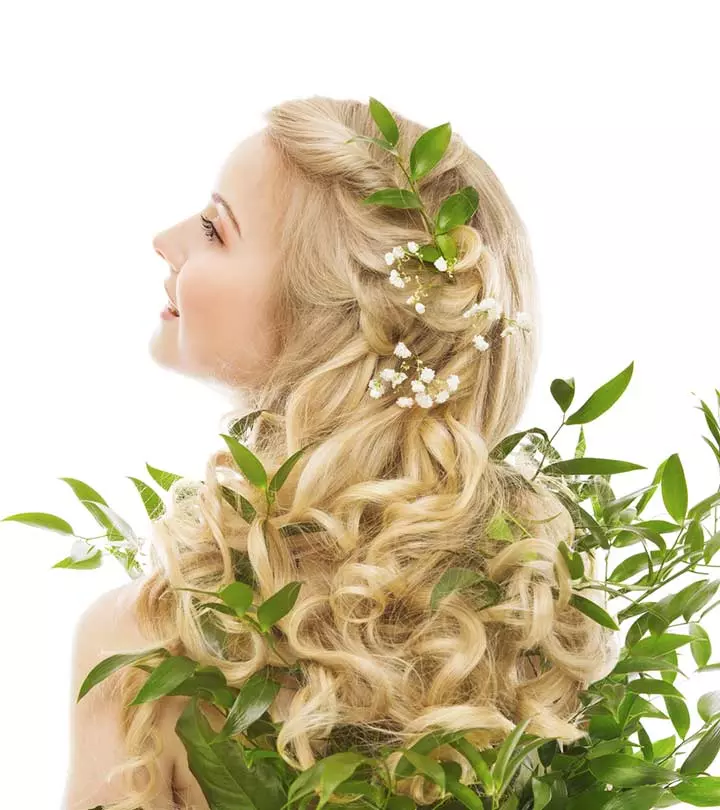
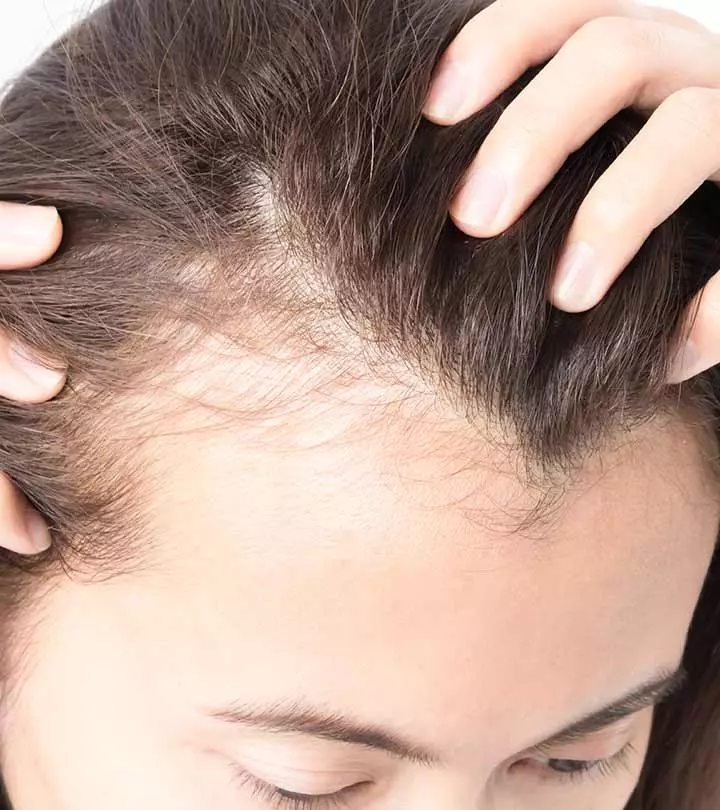
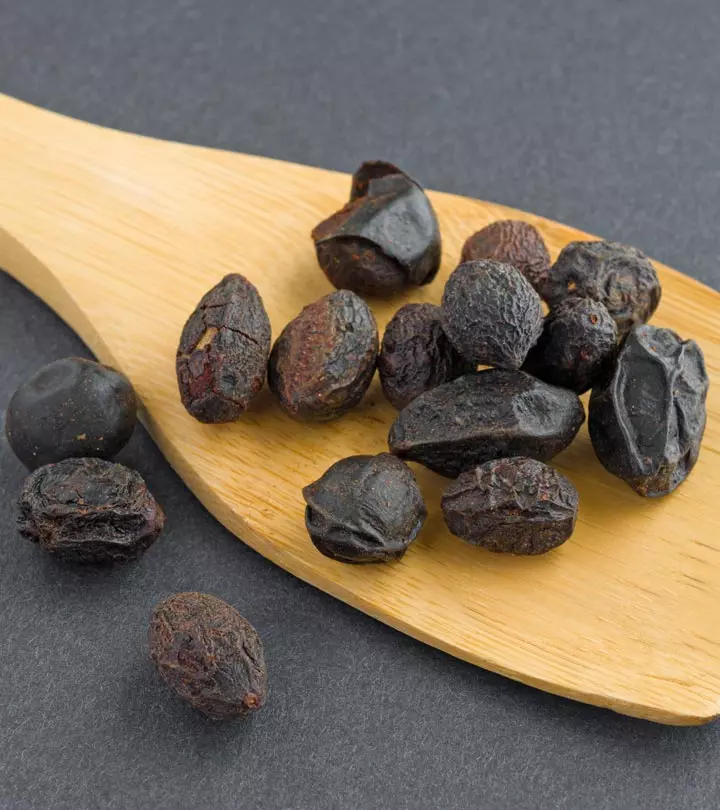
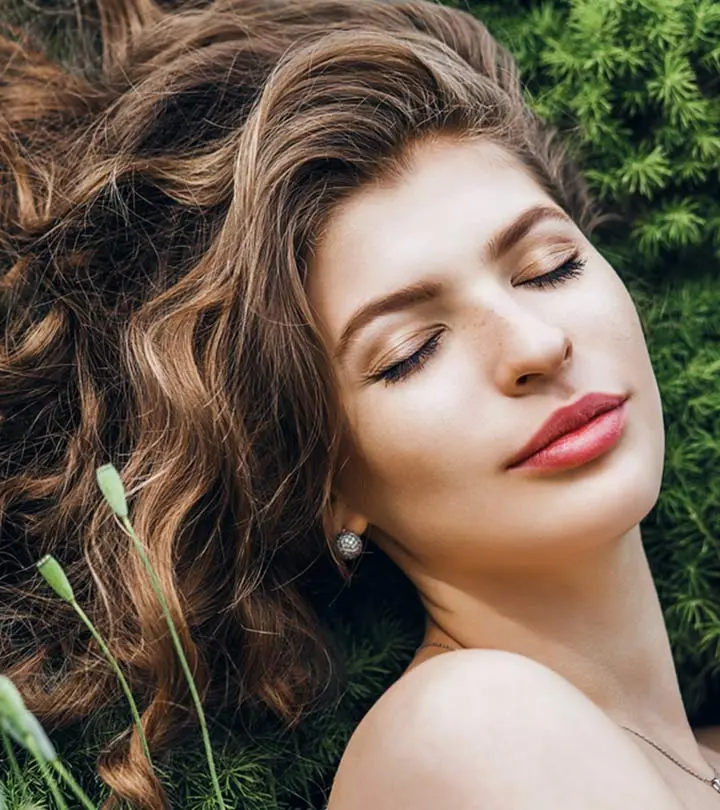
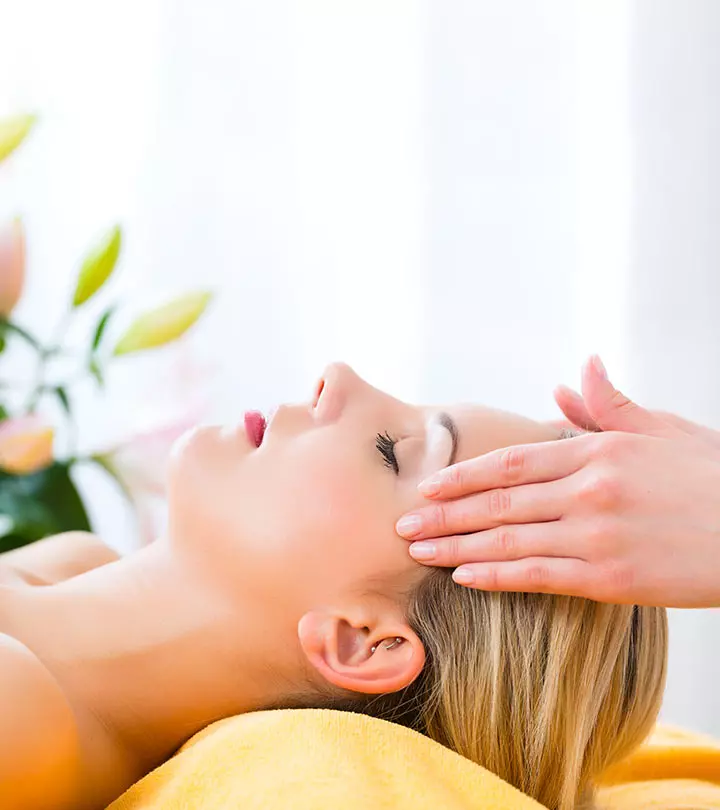
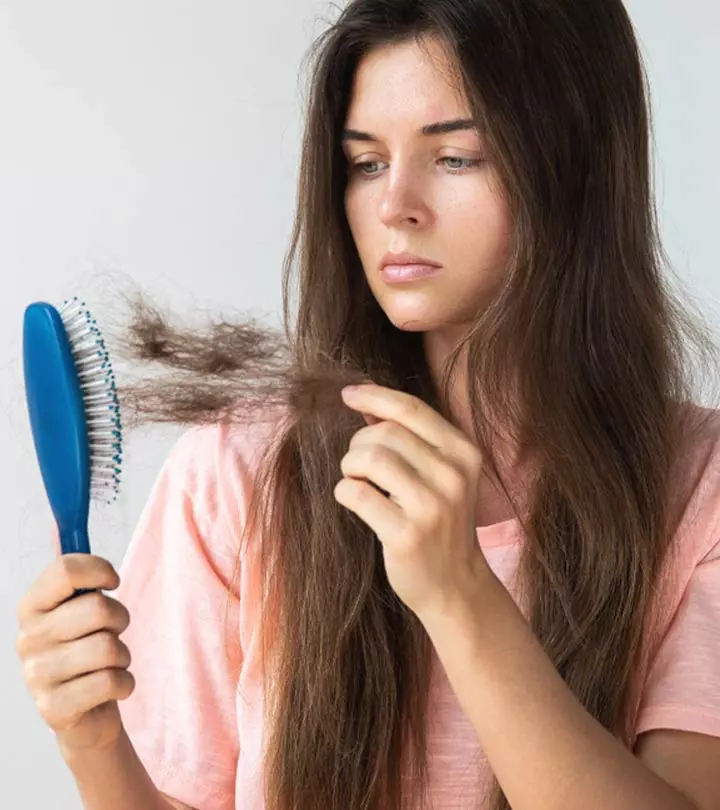
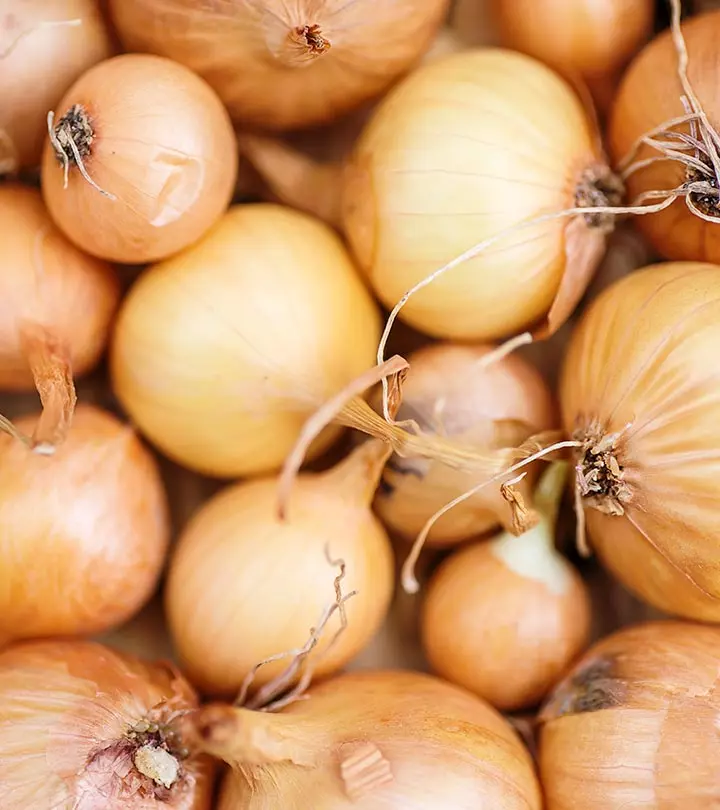
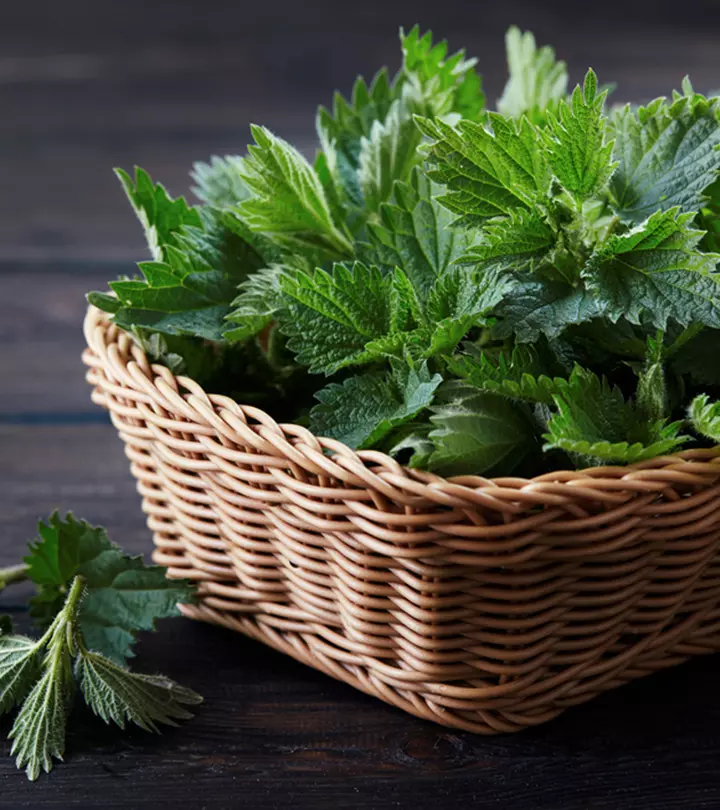
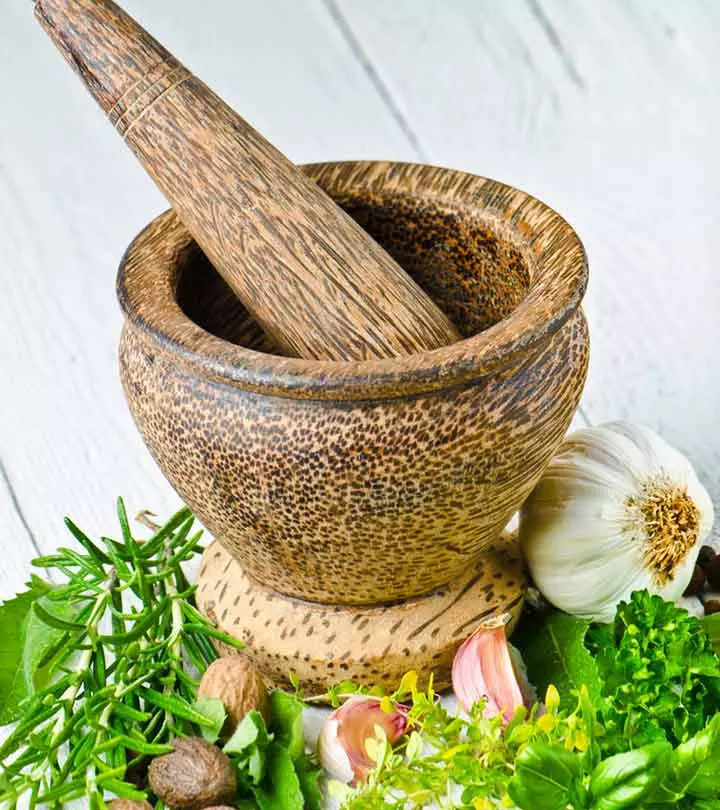
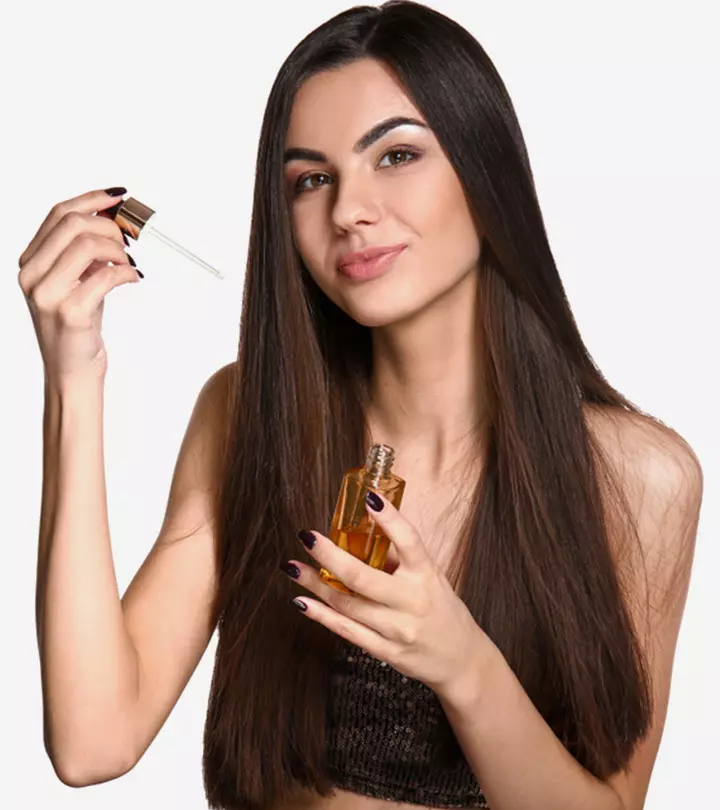
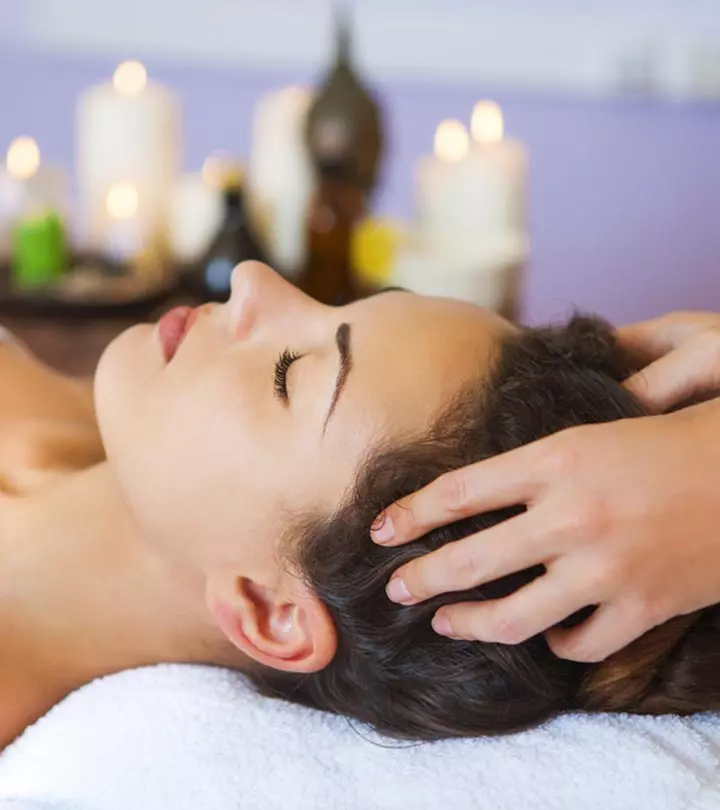
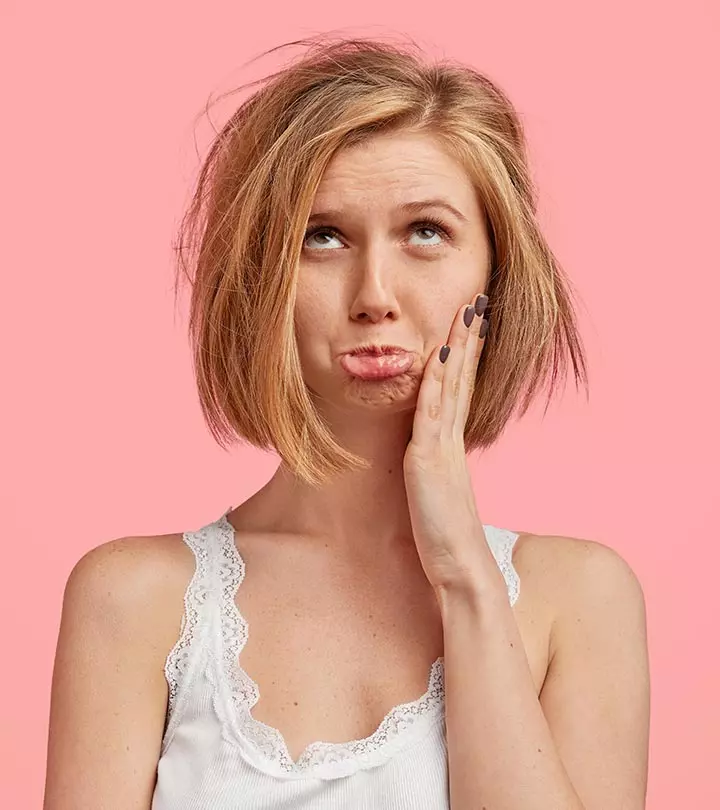
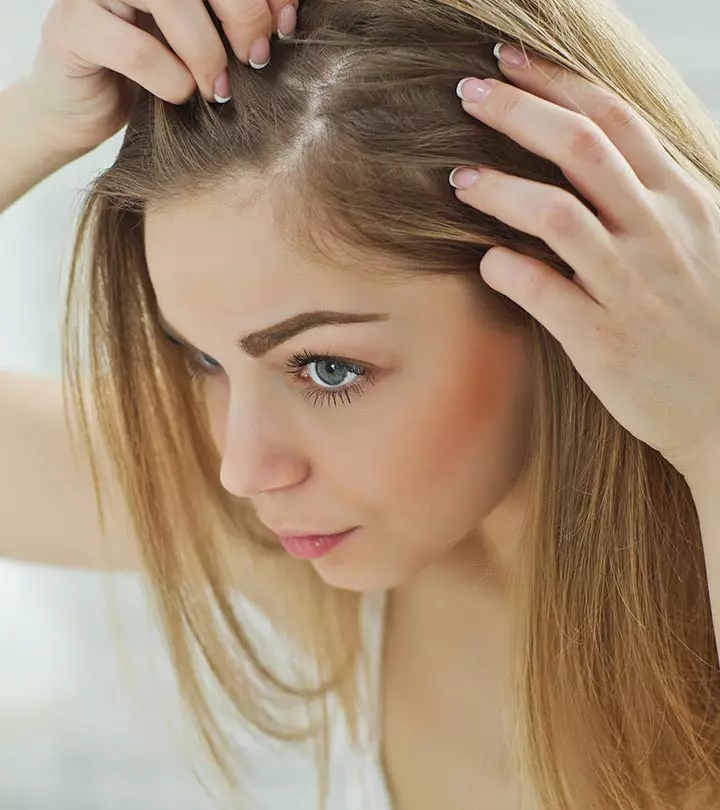
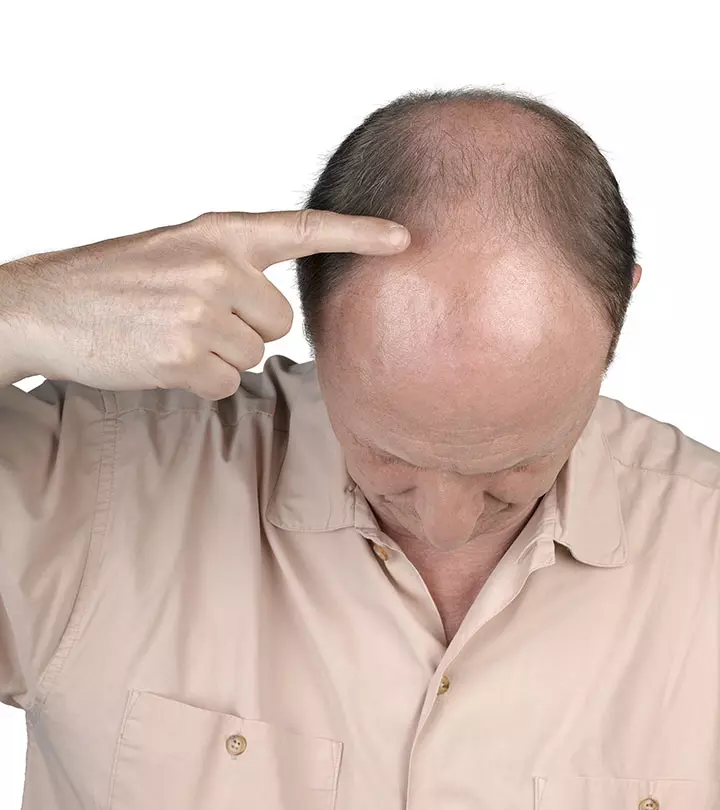
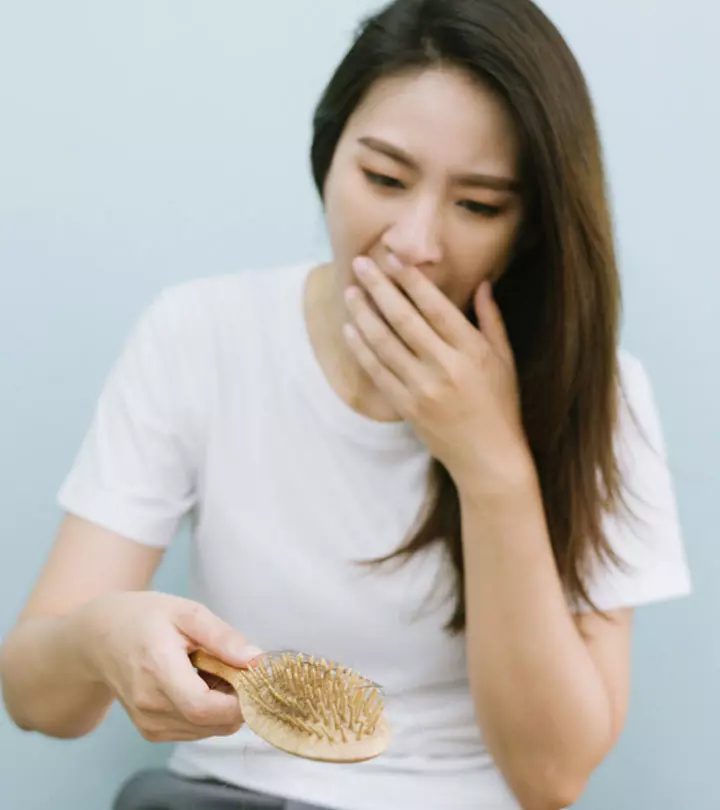
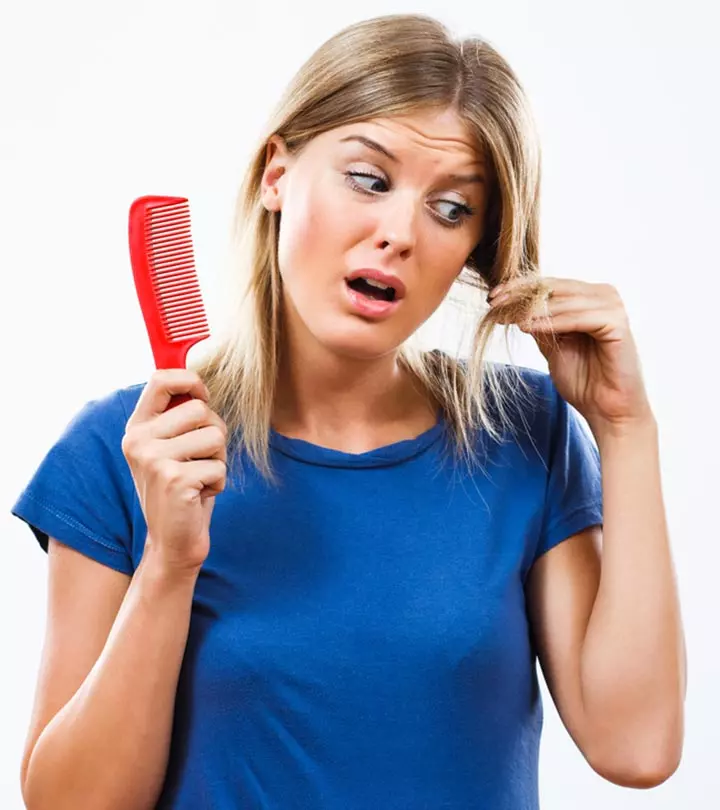
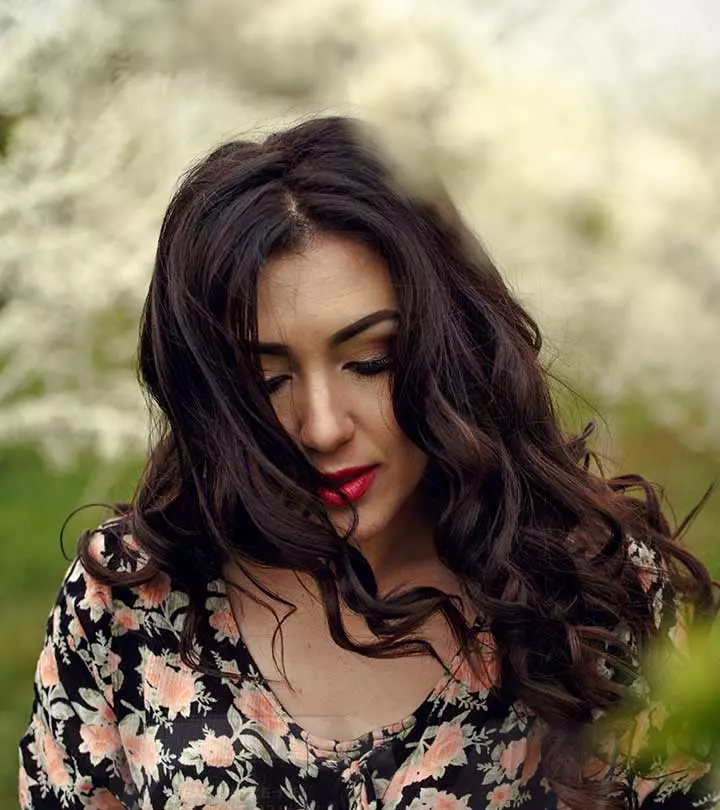
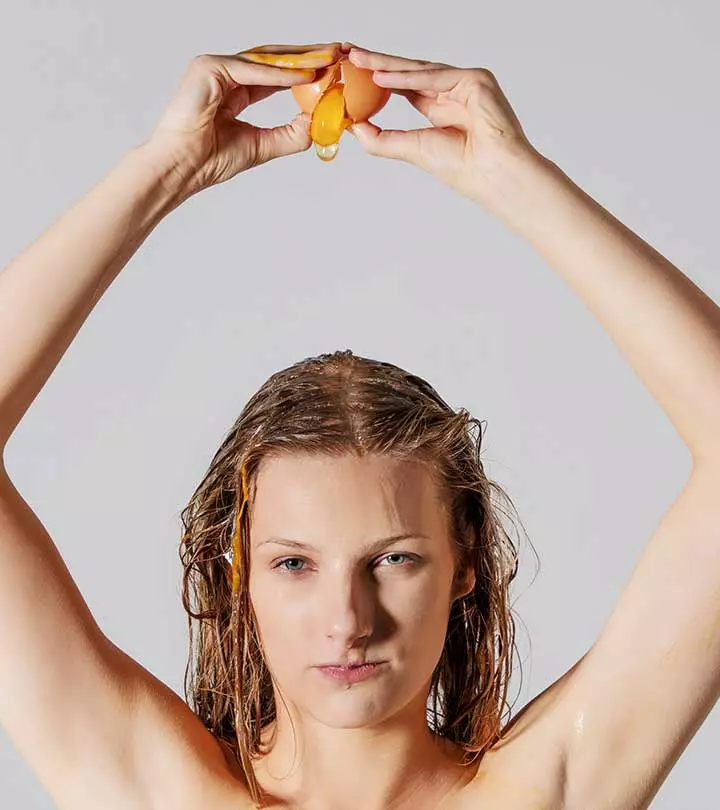
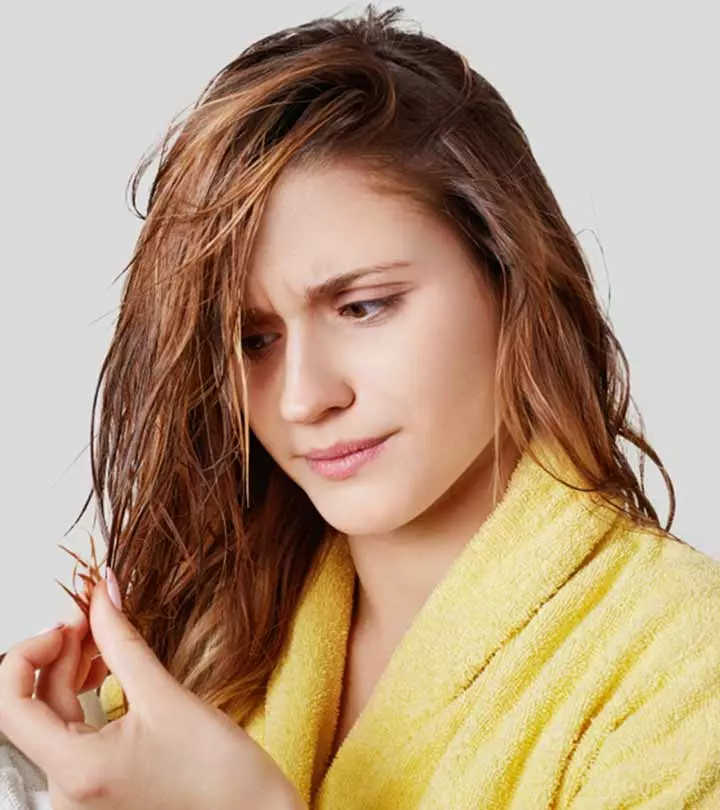
Community Experiences
Join the conversation and become a part of our empowering community! Share your stories, experiences, and insights to connect with other beauty, lifestyle, and health enthusiasts.